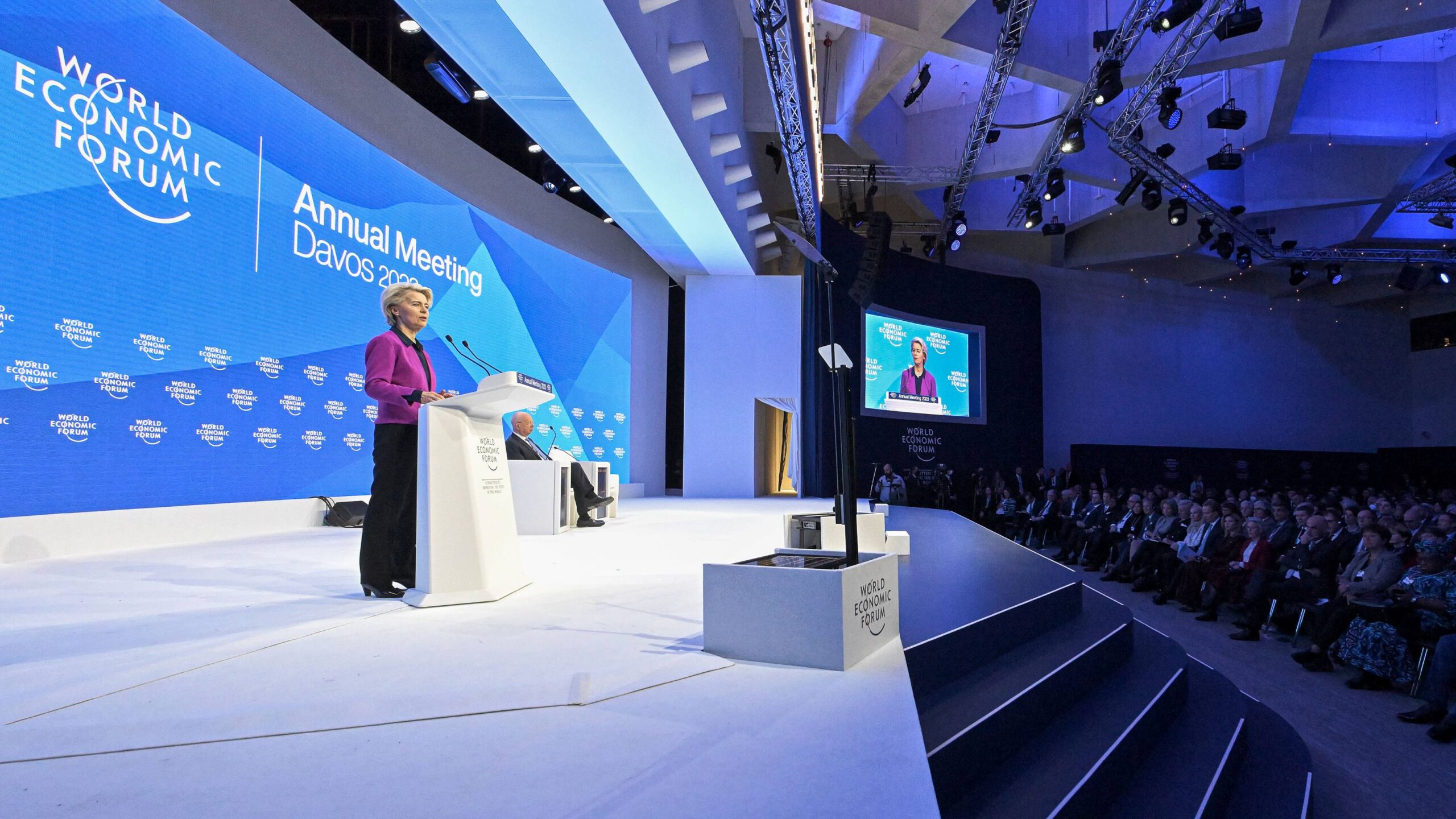EU (Parliament Politic Magazine) – The biggest technology companies in the world have to follow a new law in Europe starting from Friday. This law affects many things, like how social media handles bad content, how ads are shown to people, and how fake things are sold online. This could also influence other parts of the world.
This new law is a big deal because it’s the first time something like this is happening. It applies to companies like Amazon, Apple, Google, Meta, Microsoft, Snapchat, and TikTok, among others. This law is one of the most detailed and ambitious efforts by people who make rules (policymakers) to control big tech companies.
It might make these companies pay money as a punishment, and it could also change how their software works for users. These rules are made to solve some important problems that people have been talking about for a while.
Dark Patterns
The new rules are for all websites and apps, not just the big ones. These rules stop ads that use data to target kids or show ads based on things like politics, who someone loves, or their ethnicity. The rules apply to all types of online ads, like selling things, talking about politics, or discussing important topics. Some websites had already started to limit ads based on these things in the past.
The law also stops tricky designs on websites, like buttons that make people share their personal information without realizing it. For example, when a company wants someone to say “yes” to being tracked, they might make the “yes” button colorful and easy to see, while making the “no” button small and hard to find.
Websites must also make it easy for users to report bad stuff and things that aren’t allowed, and users can question decisions about what’s okay to post. Companies must explain their rules clearly. For the really big websites, there are more rules.
Websites that are seen as Very Big Online Platforms or Very Big Online Search Engines have to check for risks. These companies have to do things to lower those risks. They also have to show all the ads they’ve used so people can look at them.
Companies May Have to Lower Their Risks
For the really big websites, there are more rules. Websites that are seen as Very Big Online Platforms or Very Big Online Search Engines have to check for risks. They need to think about how bad people might try to use their websites to do bad things or interfere with important things like elections or people’s rights. These companies have to do things to lower those risks. They also have to show all the ads they’ve used so people can look at them.
The spokesperson of TikTok, Morgan Evans believes: “We’ve introduced new processes and features to provide greater transparency around our approach to advertising, content moderation and recommendation systems — and ultimately, give users more control over their TikTok experience.”
Only a few really big companies are seen as huge platforms according to the law. But the list they decided on in April includes the most powerful tech companies in the world. If these companies break the rules, they can get in trouble and have to pay a lot of money. The DSA allows important people in the European Union (EU) to give these companies fines that can be as much as 6% of all the money the big company makes in a year around the world.
Read More: Effective Risk Mitigation Approaches: A Closer Look at Supply Chain Disruption in Europe, UK, and US
Stress Tests
For a company as big as Meta, this could mean they have to pay billions in fines. Meta earned more than $116 billion in just one year. These companies have been getting ready for the deadline for many months. Very recently, TikTok started a tool that lets people report things that are against the rules, and they promised to tell users in the EU why their posts were taken down.
They also said they won’t show ads to teenagers in Europe using the information they collected about them. All of these changes are to follow the rules of the DSA. EU officials are planning to carefully check companies to see if they are breaking any rules. Earlier this summer, European officials did advance checks on X, which used to be called Twitter, as well as Meta and TikTok. They did this to see if these companies were ready for the DSA, which is a set of rules.


